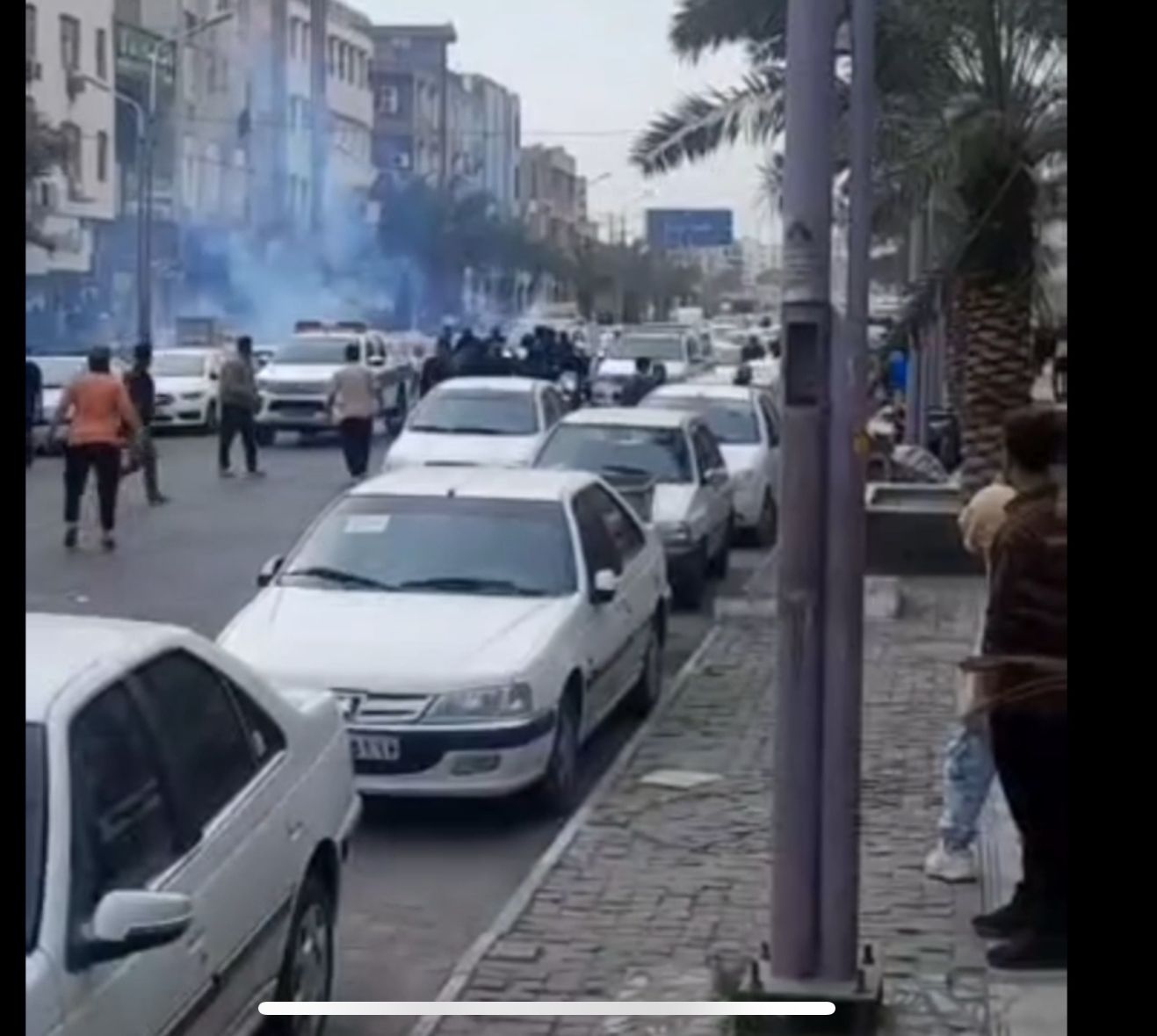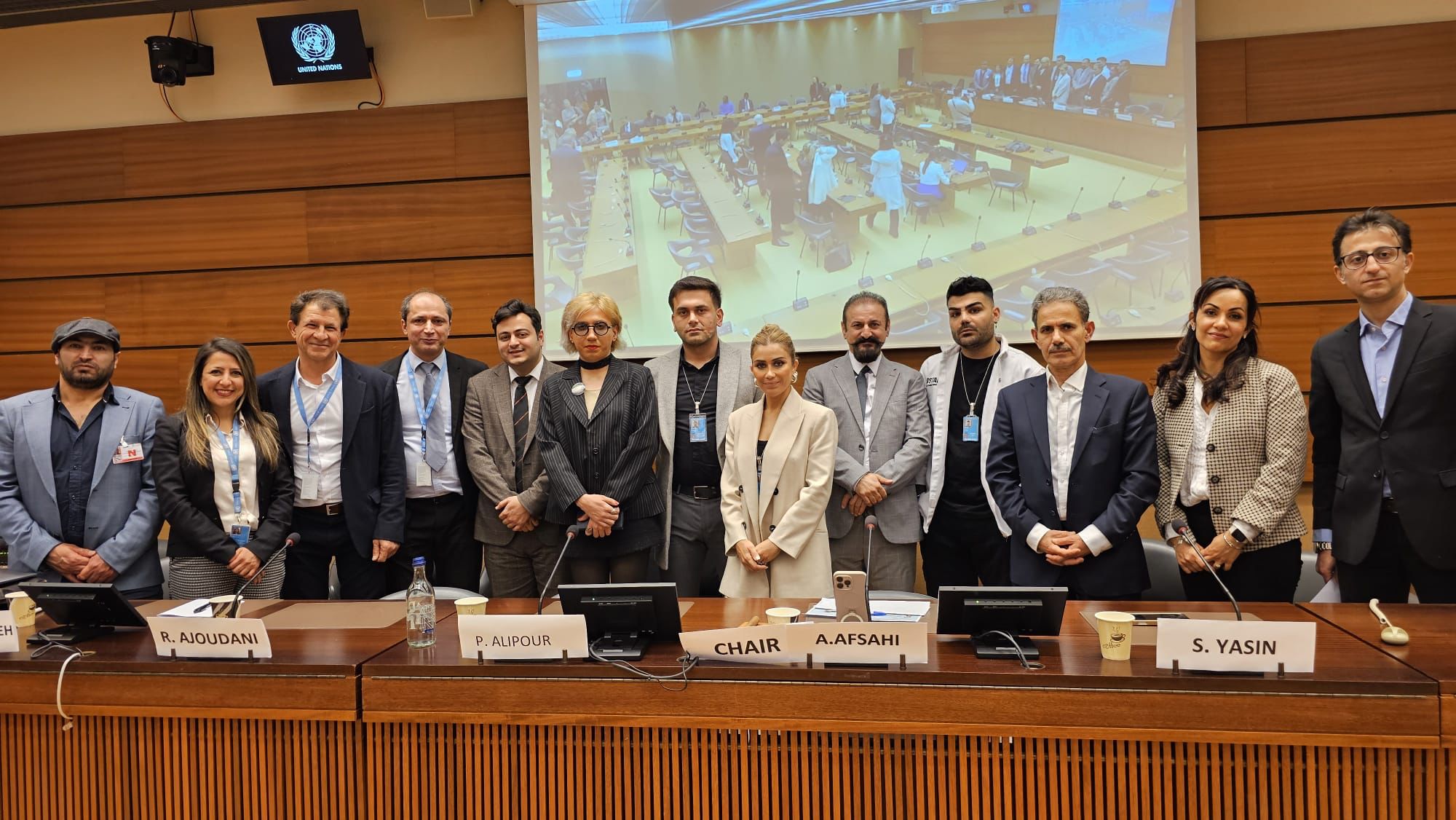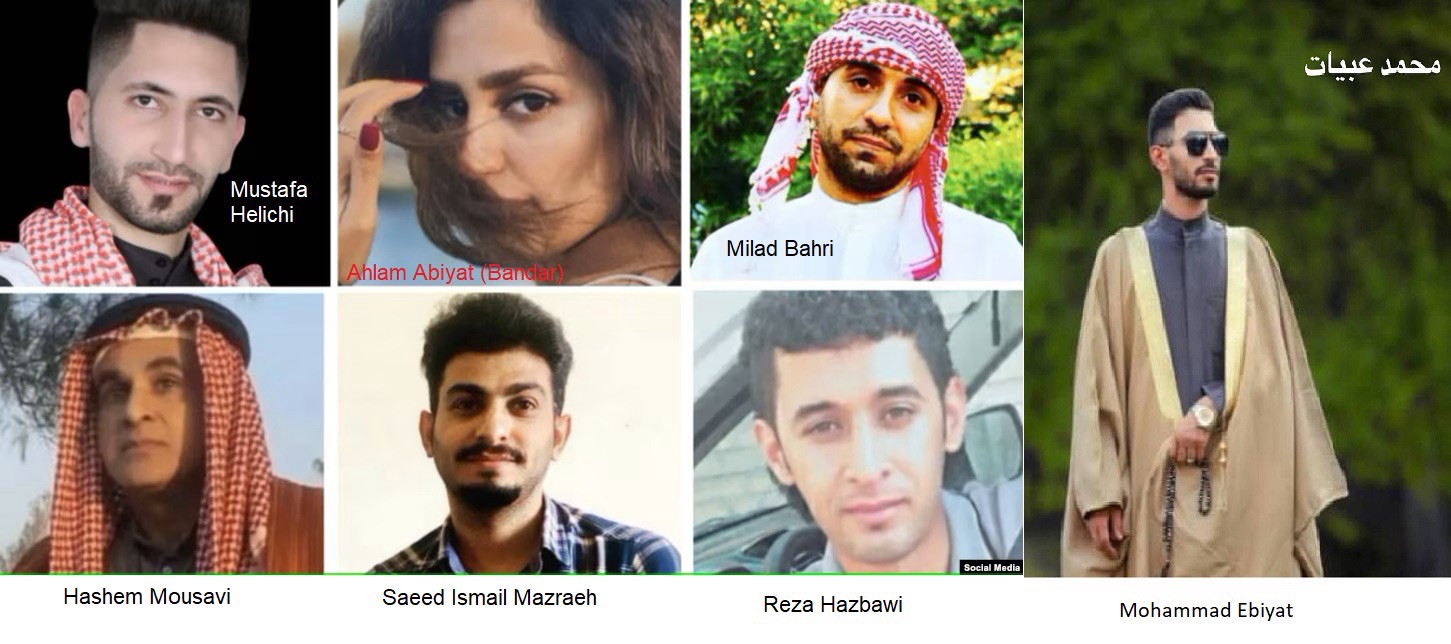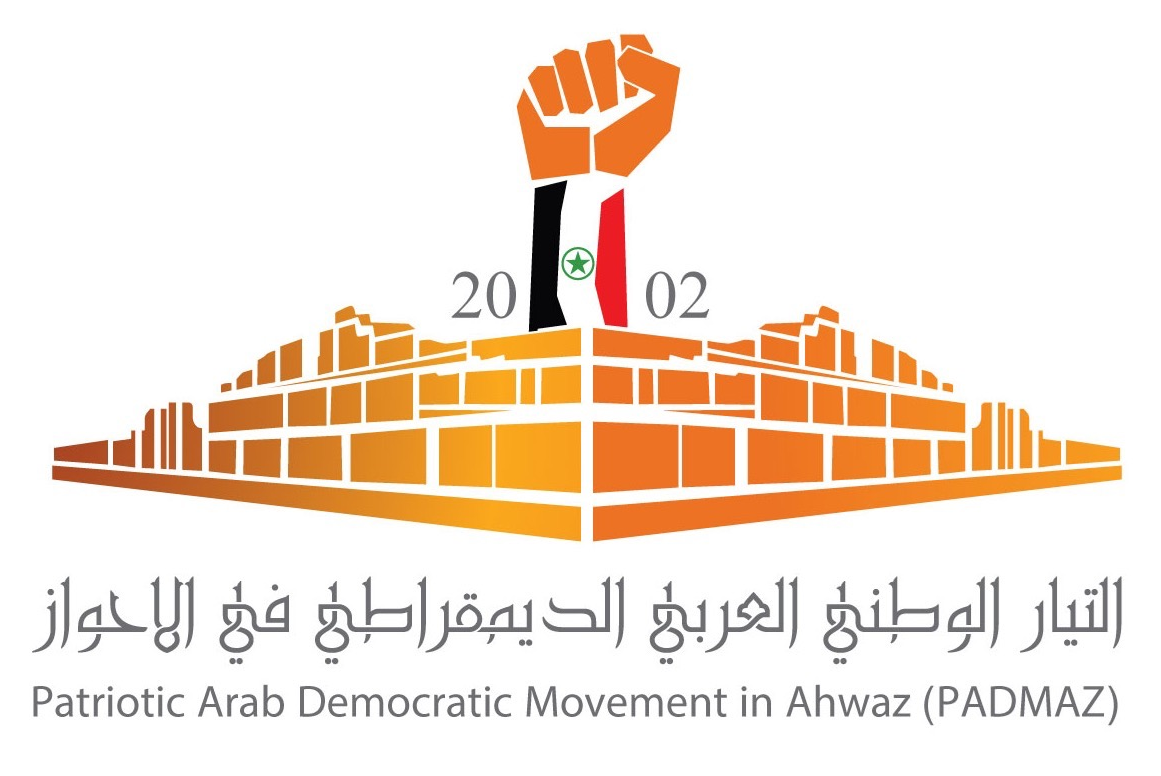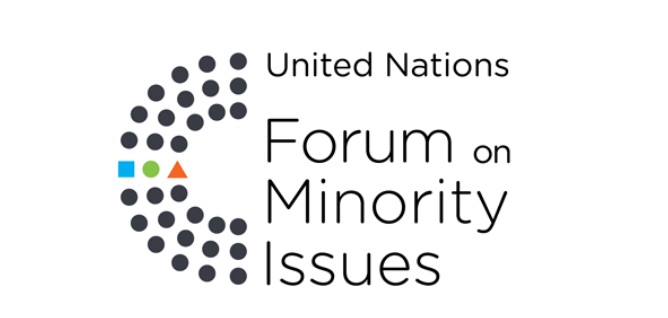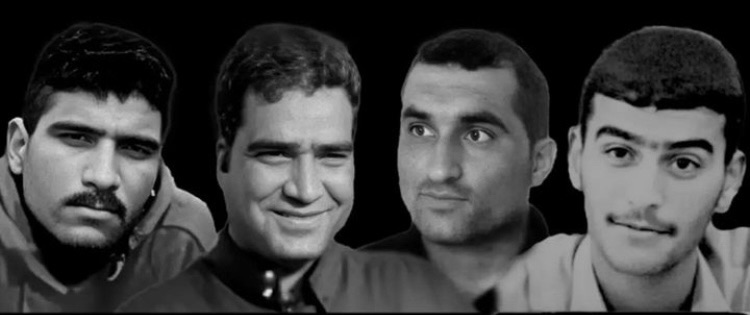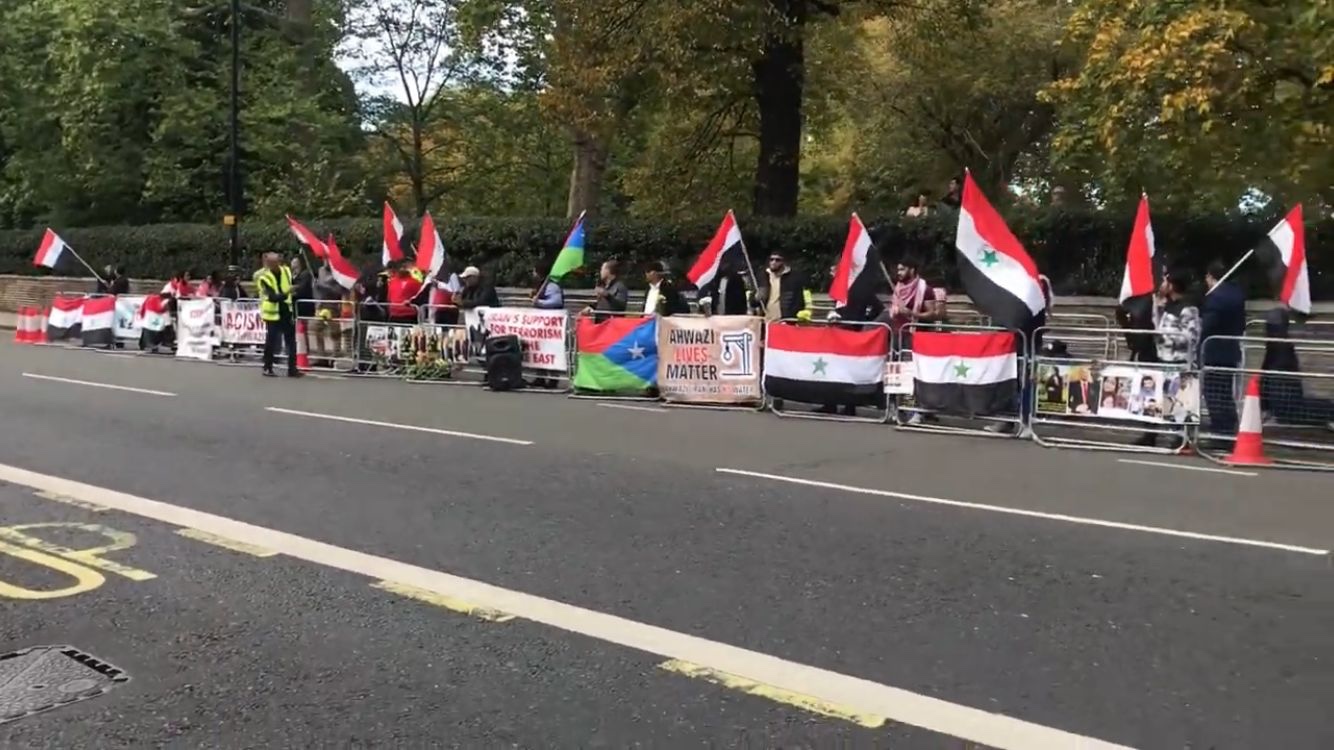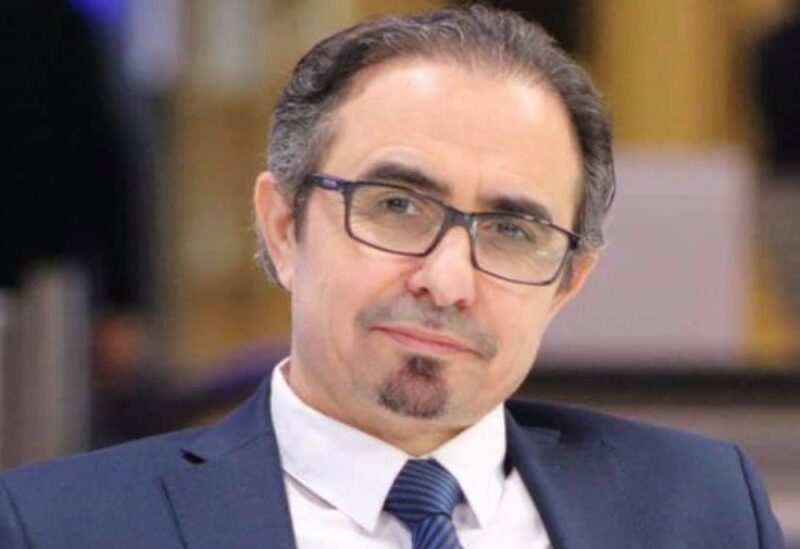The speech of the Ahwazi feminist activist Haifa Asadi
The text of the speech of the Ahwazi feminist activist Haifa Asadi at Iran Transition conference in Stanford University, which was held today, Saturday, March 25, 2023.

Haifa Asadi’s words:
Centralist rule in the forms of monarchical and Islamic systems marked a long century full of racial/ethnic discrimination for the people of non-Persian regions of Iran. Racism and structural discrimination, banning the language and culture of these nations, changing the names of their cities and villages and banning these people from choosing mother-language inspired names for their children, land confiscation and the forced migration of hundreds of thousands of Arabs from Ahwaz, changing the demographic of the population in order to destroy the historical identity of Ahwaz, drying up rivers and wetlands and the destruction of the environment causing threats to the health of the current and future generations, prisons overfilled by political prisoners, and gallows that take the lives of our loved ones is a continuous and endless cycle of oppression that centralized governance systems have brought upon the Arab nation. People who have been accused for a hundred years only because of their different identities.
In this cycle of oppression, the situation of Arab women is many times worse. While Arab women experience racial-ethnic oppression on a daily basis, they are also victims of daily patriarchy and gender-based power structures. Ethnic racial oppression that structurally marginalizes Arab men and women goes hand in hand with patriarchal oppression and keeps Arab women inside the prison of their homes and completely deprive them of access to empowerment resources.
This time, we have no hope of changing the existing situation except by uprooting this structure of oppression and racial/gender discrimination of centralized governance and admitting that Iran is a multi-nation country. Dismantling the current system based on cultural and racial superiority of a group and achieving the equality of human beings and recognizing diversity and accepting the differences in humans and the equality of all of them regardless of gender, race, nation, religion, nationality, culture, language, and differences in abilities, skin color and any other differences, recognition of the equal rights of nations and in one word recognition of the right to self-determination of all nations in Iran shape our picture of the future after the Islamic Republic.
The concentration of power is the main factor in the marginalization of suppressed groups in Iran, and these marginalized people will participate in shaping their destiny only when the concentration of power and the discourse and tools that enable the continuation and reproduction of this colonial structure are dismantled. If the power is not divided in a federal framework, which is based on the realization of the right to self-determination and the guarantee of this right for all nations, this cycle of colonization and exploitation will continue.
The future political system of Iran must be designed based on the consensus of the nations and marginalized groups through a free and transparent process, and in this process the majority vote cannot violate the rights of the nations and minorities. Currently, the main political groups and their affiliated media, with their exclusionary and totalitarian approach, are in conflict with the right of people to freely choose their own destiny. They advocate for a monopoly and do not reflect the pluralistic reality of Iran. The right of nations to rule over their territories in the framework of a decentralized and democratic structure is the only guarantee of political, economic, social and cultural rights for all the oppressed national-ethnic/religious/sexual/gender groups.
This decentralized structure should be designed based on global standards and in accordance with UN human rights conventions and in accordance with the demands of oppressed groups. In this regard, it is necessary to clarify the principle of the right to self-determination for all the nations of the political geography of Iran as an executive guarantee, so that this recognition is the guarantee of all their rights and an obstacle to any future violation of their rights. As such, no group has the right to encroach on the rights of others by relying on the power it has or has inherited. Otherwise, the heirs of power will push the current revolution towards the reproduction of the existing corrupt structure by marginalizing the people who have been oppressed in the last hundred years.
In addition to the right to self determination, Ahwazi nation has many demands which never caught the attention of the main stream media. Some of these demands are ending the colonial policies of looting natural resources, especially damming and tunneling policies to transfer rivers water, which has led to the destruction of the environment of the Ahwaz region, returning all the confiscated lands of the Arab people and paving the way for the return of thousands of Ahwazis who were forced to exile, the release of all of the political prisoners of the Arab nation and the formation of independent courts to sue the victims of all the crimes that have been committed against the Arab people over the past decades. All these cases if brought up in the mainstream media, if inclusion and diversity become the norm in the mainstream media and practiced by the opposition, if a platform is given to all nations and if sincere steps in building trust among nations and political groups are taken in order to build a collective agreement for the future of Iran, shall the current movement spread to all groups and layers of the society and shall the chances of victory increase.
Hoping for the day when all people are equal in Iran!

